Breastfeeding is one of the most undervalued aspects of motherhood. Our culture is rife with misconceptions about mothers’ milk and bottle feeding, breastfeeding in public or workplaces, and the challenges of lactation. Naomi Wolf aptly states, “Becoming a mother requires a supreme focus, a profound discipline, and even a kind of a warrior spirit. Yet our culture prefers to give women doggerel: it suggests that motherhood is simple and effortless. It called motherhood ‘natural’ (…) Giving birth is natural – but ‘becoming a mother’ is not necessarily natural.” 1 I could not agree more with her words. Like motherhood, breastfeeding is not always intuitive, nor does it come without cost.
I breastfed my baby girl for almost a year, but this privilege came with significant sacrifice. Exhaustion, pain, and confusion were my constant companions. Today, I know much more about breastfeeding, but I often wonder why I knew so little before my baby was born. Was it because my mother never breastfed me, or because breastfeeding mothers are rarely seen in public? While living in Poland, Germany, Canada, and Australia, I have seldom seen breastfeeding women. Why is this? Breast milk was not covered in my high school biology classes, nor did my midwife discuss it extensively during childbirth courses. Is this the norm for all women? Are we expected to research, understand, plan, and execute breastfeeding without assistance?
How hard could it be?
Breastfeeding has to be learned by both the mother and the baby. It can be very difficult at times, and sometimes it simply does not work despite a mother’s greatest efforts. Any woman who has tried breastfeeding can tell you it takes a tremendous amount of time and energy. “Producing breast milk consumes 25% of the body’s energy; the brain only uses 20% by comparison” 2 People often take breastfeeding for granted, forgetting how much sacrifice it entails. Sore or bleeding nipples, engorged breasts, mastitis, leaking milk, and sleepless nights are just a few obstacles women may encounter while breastfeeding. So how did other women who decided to exclusively nurse come to that decision? Why do some women find breastfeeding easier than others, or navigate this decision with more information? And why do we have such limited access to professional breastfeeding counselors? Even though breastfeeding is very important and beneficial for both mother and baby, it should also be considered an individual decision for every woman. We live in a society where women are often criticized for breastfeeding too long or too short. Others are judged harshly for deciding not to breastfeed at all. While I support breastfeeding wholeheartedly, I strongly believe it should be an individual decision for every new mother.
Why Breastfeeding Matters
Without a doubt mother milk is the most beneficial gift to your baby. According to Science Daily “Humans may have the most complex breast milk of all mammals. Milk from a human mother contains more than 200 different sugar molecules, way above the average 30-50 found in, for example, mouse or cow milk.” 3 These sugar molecules feed the microbes colonizing the infant’s intestinal tract, creating a foundation for the baby’s immune system. Therefore, breast milk not only provides optimal nutrition for healthy growth but also boosts the immune system for life. “Breastfed babies have a lower risk of asthma, obesity, type 1 diabetes, and sudden infant death syndrome (SIDS). Breastfed babies are also less likely to have ear infections and stomach bugs.” 4 In addition breastfeeding has also a positive impact on the mother’s health: “Some cancers, type 2 diabetes, and high blood pressure are less common among women who breastfeed.” 4 Moreover, breastfeeding fosters a strong bond between mother and baby.
An interesting fact is that mother’s milk adapts to the individual needs of the baby as they grow. The gender of the baby also plays a significant role in breastfeeding. According to Katie Hinde, Associate Professor of Evolutionary Biology and Senior Sustainability Scientist at Arizona State University, “…biological recipe of milk can be different when produced for sons and daughters” 5 Hinde argues that the baby formula cannot therefore be a one-size-fits-all solution for all infants. Given all this information, why do so few women meet their breastfeeding goals? What can be done to help women who struggle with breastfeeding? Additionally, how can we improve baby formula for mothers who cannot or choose not to breastfeed?
According to the CDC, only 24.3% of infants born in 2019 in the United States were exclusively breastfed through 6 months. Women discontinue breastfeeding for various reasons, including issues with lactation, concerns about infant nutrition or weight, unsupportive work policies, lack of parental leave, cultural norms, and insufficient family support. 6 Without adequate institutional support, better access to information, paid parental leave, improved conditions for breastfeeding in public places, and further research on baby formula, the challenges faced by nursing mothers and their babies will persist.
In her TEDxStowe talk, “Why breastfeeding has become a privilege, not a right,” Sascha Mayer highlighted that breastfeeding is a fundamental human function that sustains life and nurtures the next generation, yet it is surrounded by confusing opinions. 7 Through her design of colorful and beautiful free-standing lactation stations, Sascha encourages people to celebrate breastfeeding rather than shamefully hide it. Could such projects be a wonderful start for public awareness of breastfeeding and global appreciation of motherhood?
You are not alone!
Motherhood is not entirely natural, and breastfeeding isn’t ‘free.’ No matter where you stand on the subject of breastfeeding, you are surely doing your best for your baby and for yourself. Remember, if you struggle, you are not alone. If you choose not to breastfeed for any reason, you are not alone either. There are so many factors affecting the decision to breastfeed that generalizing this complex subject is impossible. How do you feel about breastfeeding? What does it mean to you? Did you want to breastfeed but found it didn’t work out as planned? Have you felt judged by others for your decision to breastfeed or not to breastfeed? What were the biggest challenges you faced, and how did you overcome them?
Your experiences and insights can provide invaluable support and information to other mothers navigating this journey. Please share your breastfeeding experiences with other women, and let’s learn more about breastfeeding together.
References :
- Wolf, Naomi. Misconceptions. Truths, lies and the unexpected on the journey to motherhood. Vintage 2002. P. 3-5
- https://wmmc.com/ten-facts-about-breastfeeding/
- https://www.sciencedaily.com/releases/2016/04/160419130002.htm
- https://www.cdc.gov/nccdphp/dnpao/features/breastfeeding-benefits/index.html
- https://www.youtube.com/watch?v=Bo8YN3oB0Cw
- https://www.cdc.gov/breastfeeding/data/facts.html
- https://www.youtube.com/watch?v=4g-ov94ZWOo
Further reading :
- Unique biology of human breast milk
- Breastfeeding in public (1)
- Breastfeeding in public (2)
- Barriers to breastfeeding
Did you like this article?
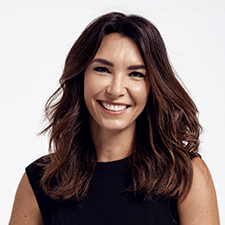
Meet the Author
Ewa Gillen, co-founder of No Taboo Mom, is a Polish Berliner, creative professional, wife, and mom whose journey into motherhood turned everything around. Having studied, lived, and worked in Poland, Germany, Canada, Australia, and Spain, Ewa brings a rich cultural perspective to her work. As the founder of Gillen Design, she has worked as an Independent Creative Professional for nearly a decade, blending her expertise in design with her passion for meaningful storytelling. “No Taboo Mom is more than a platform—it’s a movement to inspire change through real, open conversations. I believe that by sharing our truths, we create a stronger, more compassionate world for ourselves and the next generation.”
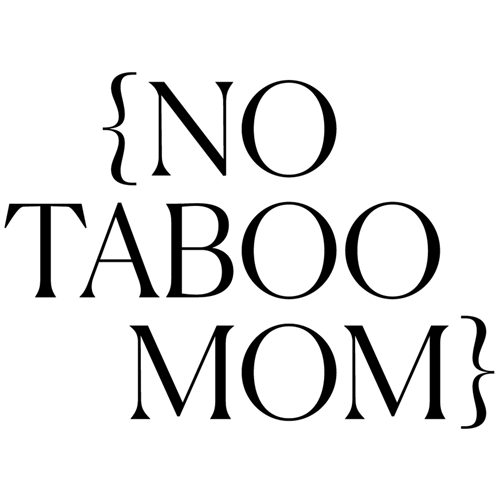
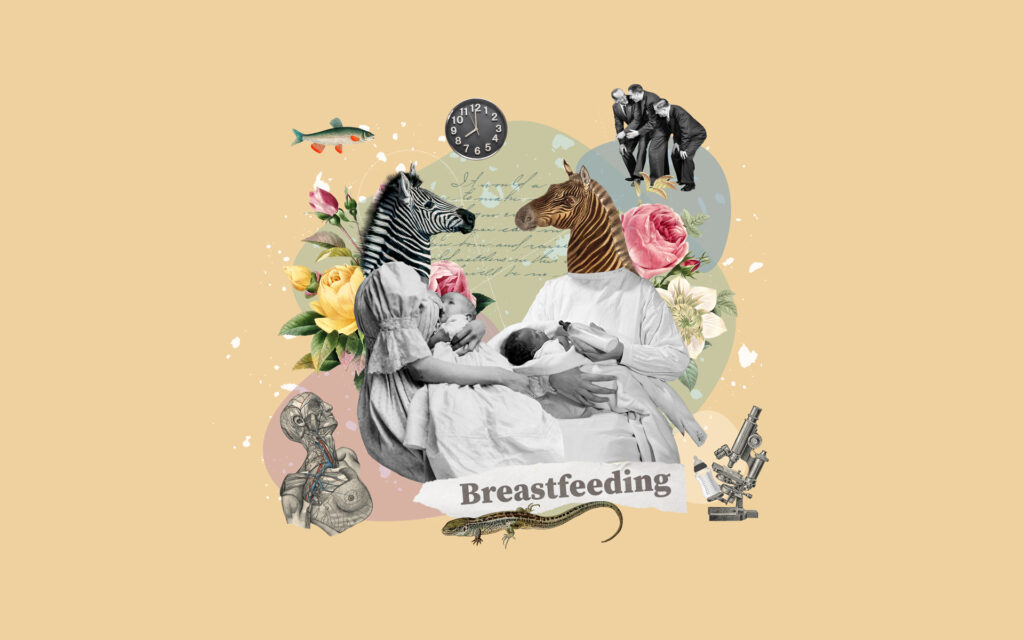
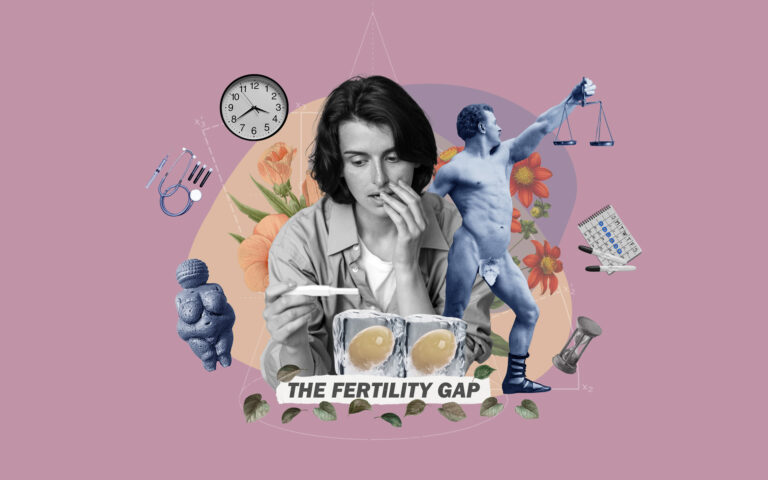

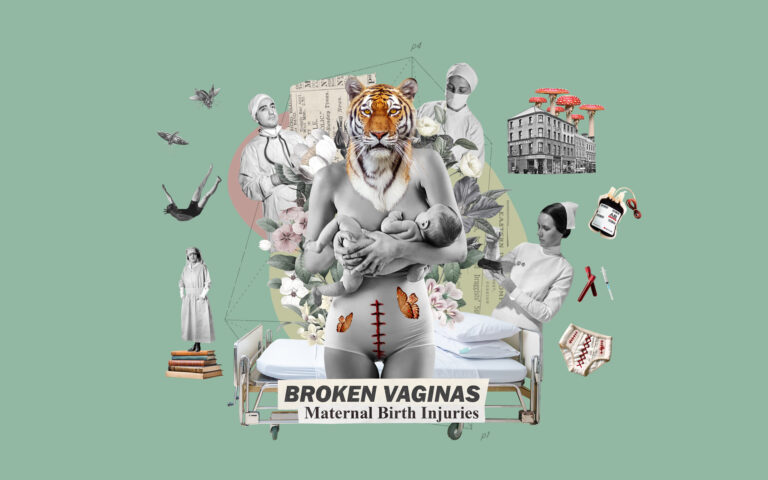
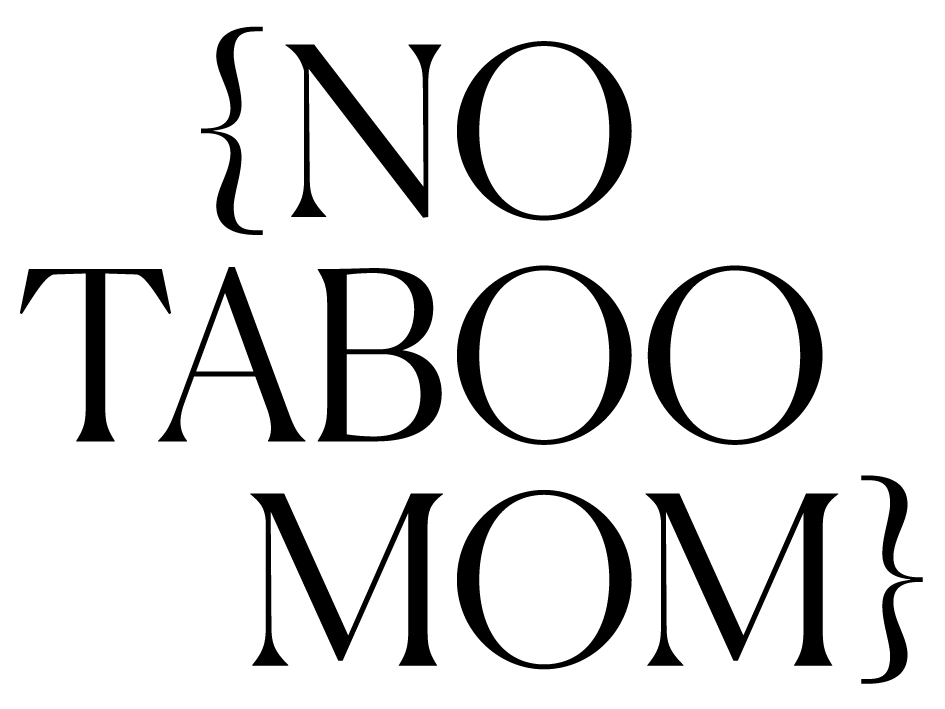
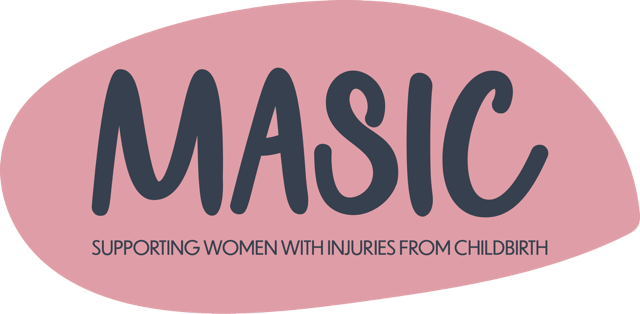
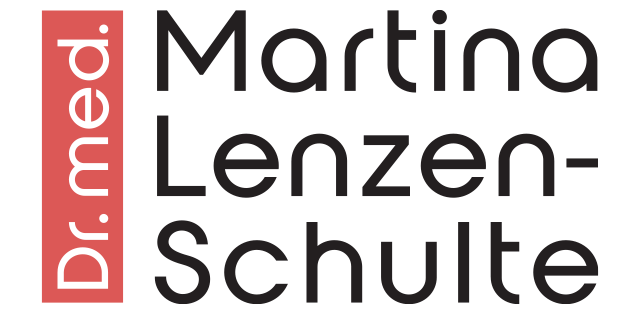
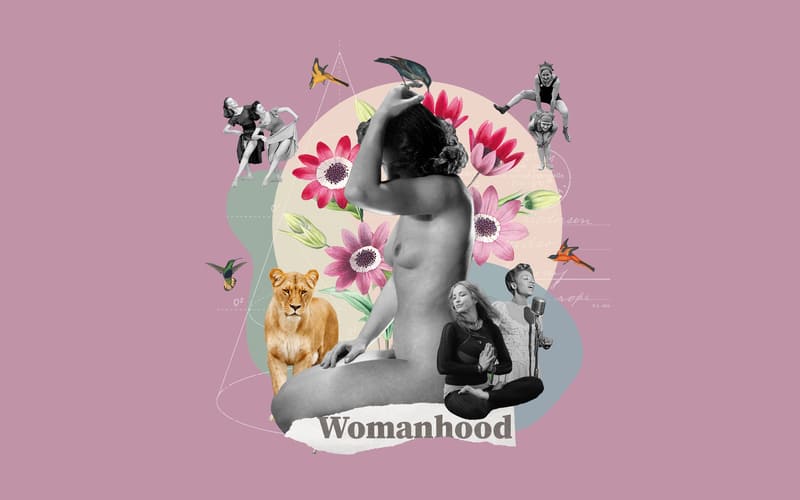

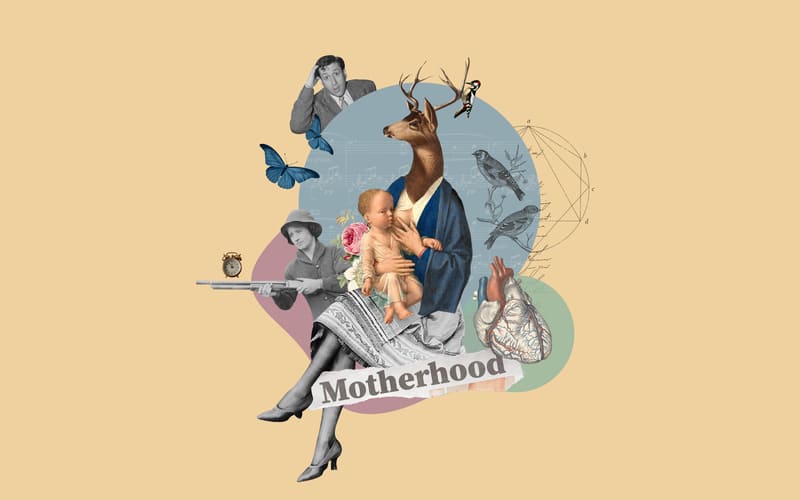
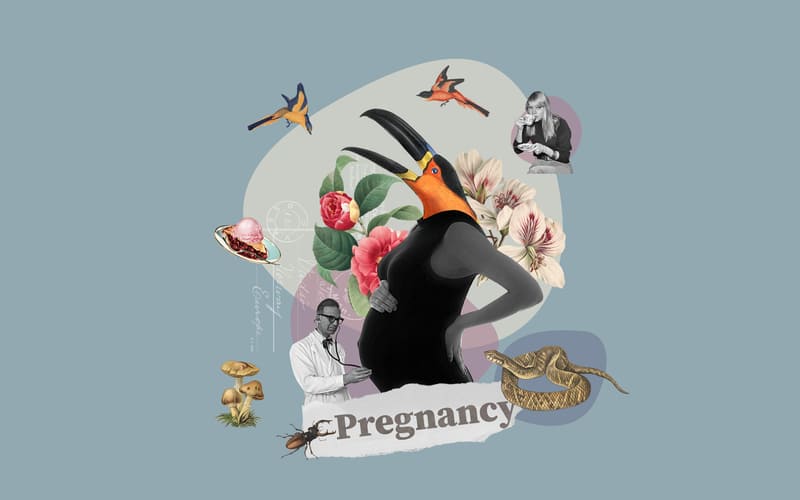
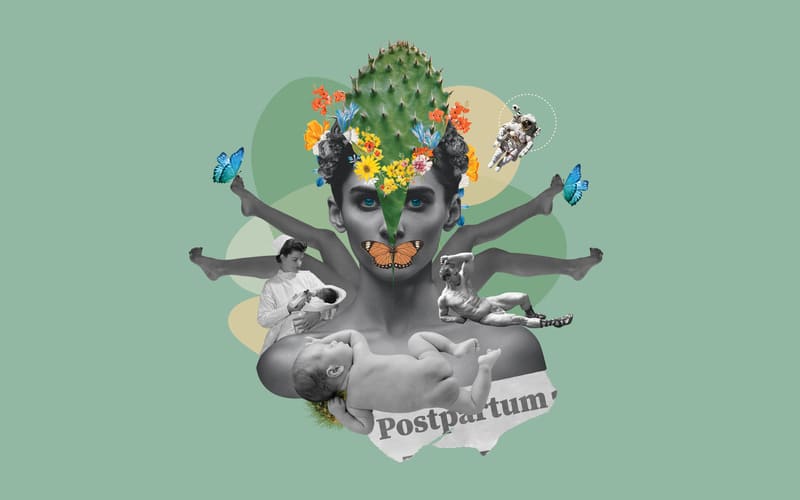
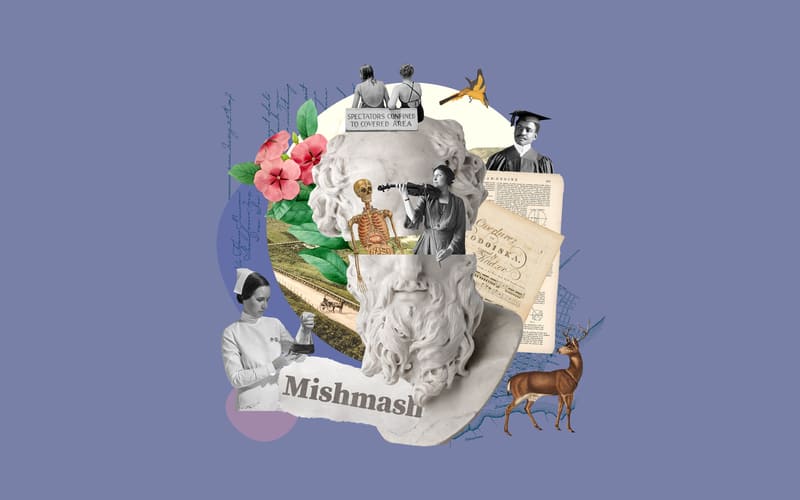
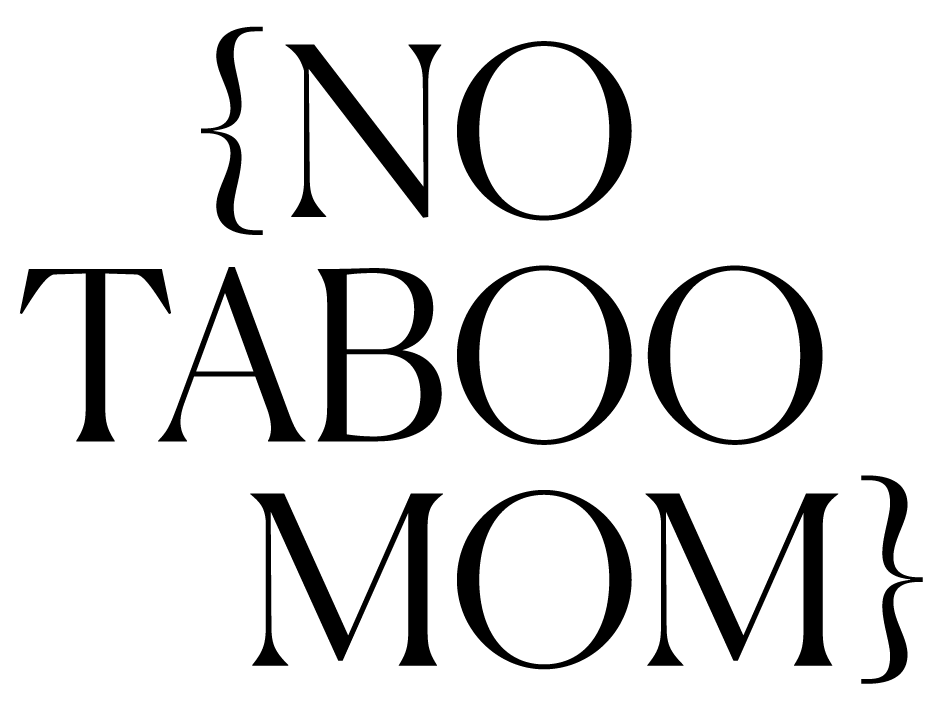
This article offers a fascinating perspective on the subject. The depth of research and clarity in presentation make it a valuable read for anyone interested in this topic. It’s refreshing to see such well-articulated insights that not only inform but also provoke thoughtful discussion. I particularly appreciated the way the author connected various aspects to provide a comprehensive understanding. It’s clear that a lot of effort went into compiling this piece, and it certainly pays off. Looking forward to reading more from this author and hearing other readers’ thoughts. Keep up the excellent work!
My nipples ache. Last night, my baby girl seemed unusually thirsty, waking up almost every hour. It’s midsummer, so it’s no surprise she’s so parched. I’ve lost track of how many times I’ve offered her my breasts throughout the day. Thanks to the heat, every breastfeeding session leaves both of us drenched in sweat. Breastfeeding and sweating – what a combo.
On another morning, I’ve already nursed her more than three times before noon. My husband steps in to take care of our baby, giving me a chance to catch up on emails and tackle the laundry. I’m right in the groove, enjoying the moment and finding some satisfaction in the tasks at hand. Then, my husband cautiously peeks around the corner and suggests, “I think she’s hungry again!”
“Again? It’s only been 30 minutes since the last feeding!” I grumble. But deep down, I know there’s no avoiding it. I reluctantly reclaim my baby from my husband’s arms, muttering under my breath, “Breastfeeding is just so beautiful. – Not!” As soon as the words leave my lips, guilt washes over me. How could I think and say something like that? Breastfeeding moms are always depicted as sensually loving and self-sacrificing. I feel like I’m failing to live up to that ideal.
I’m frustrated by the constant demands on me and find myself eagerly anticipating the day when we can wean her off breast milk. But despite the challenges, I’d do it all over again for my little sweetheart. Still, right now, breastfeeding just isn’t all that enjoyable.
Nationality: Berlin
Number of children: 2
In just two days, my little girl will turn 10 months old, and I’m still breastfeeding. Before she was born, I was adamant about exclusively breastfeeding for as long as recommended by WHO and UNICEF – six months. I longed to reclaim my independence: to resume my social life, catch up with friends, savor an occasional drink, and simply be able to leave the house for more than a couple of hours at a stretch. Most of all, I yearned for uninterrupted sleep, to sleep for more than three hours each night.
However, life had other plans. Interruption became my new norm, despite my earnest efforts. My baby girl relied on frequent breastfeeding sessions day and night for months, resisting any attempts to introduce a bottle until she was around 9 months old. Thus, I found myself caught between an overwhelming love for motherhood, beyond expression, and the stark reality of limited freedom, accompanied by bleeding and swollen nipples. I grappled with a whirlwind of physical and emotional turmoil – feelings of being utilized, weakened, bewildered, and exhausted.
Yet, amidst the struggle, a profound bond between my baby girl and me began to unfold. Despite the challenges, I couldn’t bring myself to sever that connection just yet. Breastfeeding fostered a unique emotional and biological symbiosis, forging a deep bond with my baby girl that made every battle worth fighting.
Nationality: Poland
Number of children: 1